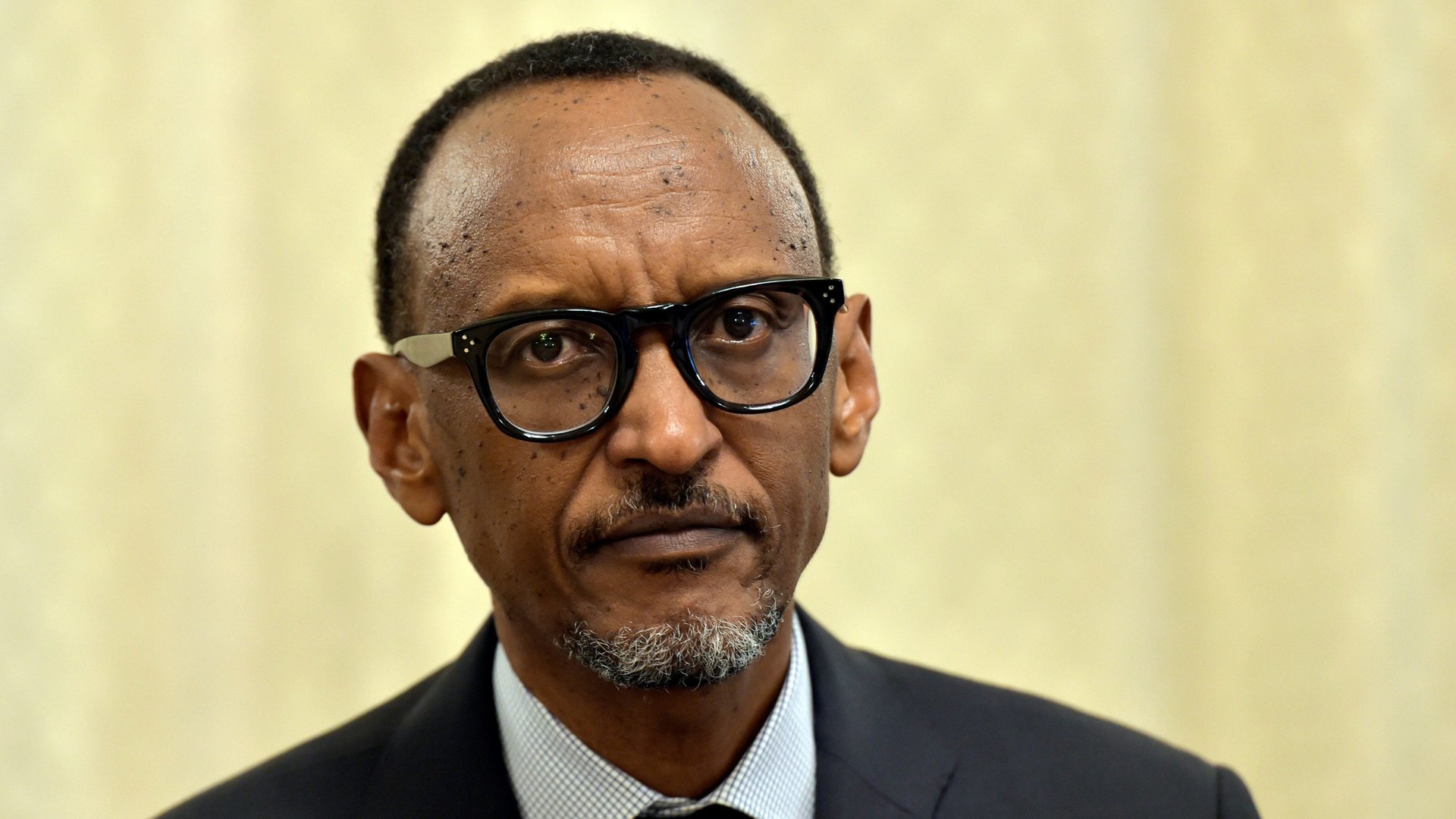Rwanda’s new penal code bans cartoons that ‘humiliate’ public officials
Politicians in Rwanda are cracking down on the quick-witted observations of the nation’s cartoonists.


Politicians in Rwanda are cracking down on the quick-witted observations of the nation’s cartoonists.
As part of new revisions to the penal code, any writings or cartoons that “humiliates” lawmakers, cabinet members, or security officers will be dubbed an offense and could attract two years in prison or a fine of up to one million Rwandan francs ($1,152). Any person who defames the president could also be jailed between five and seven years and fined 7 million francs. Editing images or statements “in bad faith” without stating it wasn’t the original version could also draw up to two million francs and a prison sentence of not more than one year.
Observers say the new amendments raise questions about Rwanda’s commitment to free expression and freedom of the press. And even though the new code decriminalizes defamation, journalists say it will limit their ability to hold public officials accountable. It wasn’t immediately clear if the law will apply to digital media users who create or post cartoons online.
Media freedom in Rwanda remains severely restricted, with journalists facing intimidation, arbitrary arrest, and jail terms according to US-based advocacy group Freedom House. Many journalists and cartoonist also practice self-censorship partly to avoid a return to the genocide and ethnic battles that tore the nation apart in the early 1990s but also to sidestep the continued intolerance for government criticism.
Under president Paul Kagame, Rwanda has transformed into one of Africa’s most stable and least corrupt governments. Yet critics say Rwanda enjoys “repressive peace” with one man and one party enjoying disproportionate power over the country. Last year, Kagame won re-election for a third time by a landslide, extending his 17-year rule over the central African nation with over 98% of the vote. Opposition candidates like Diane Rwigara, the sole female challenger in the race, was disqualified from running and arrested.
With the signing of the new law, Rwanda follows in the footsteps of neighboring nations who have passed legislation or taken actions limiting freedom of speech both offline and online. These include Tanzania, which has banned numerous newspapers and radio stations and introduced exorbitant fees to register blogs. Mozambique has also put a hefty price tag for radio stations to acquire licenses. In Kenya, cartoonists like the Godfrey Mwampembwa, prominently known as Gado, have complained of government control, pressures he believes led to his sacking from his post at the Daily Nation newspaper in 2016.
“Cartoons are a barometer of press freedom in any country,” he said last year. “When that is under attack, you know you are in trouble.”
Sign up to the Quartz Africa Weekly Brief here for news and analysis on African business, tech and innovation in your inbox